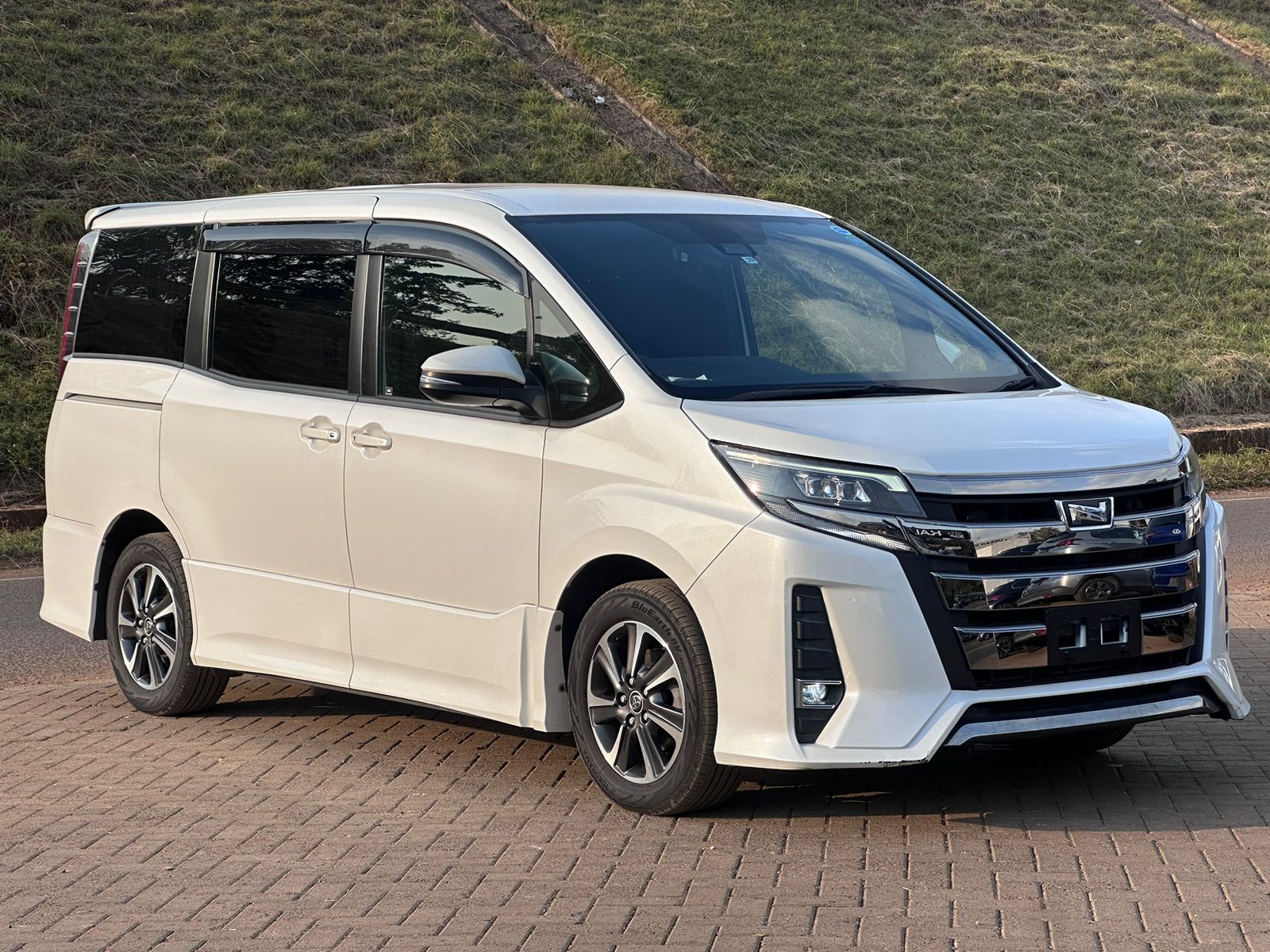The environmental benefits of electric vehicle (EV) safaris are substantial, particularly in sensitive ecosystems like those found in Africa’s national parks and wildlife reserves. This guide goes through those benefits for those retrofitted cars fitted with EV module or EV safari vehicles originally designed to use electricity instead of fossil fuels such as Rivian Electric safari vehicles. Here are the key environmental advantages:
1. Zero Emissions
- Electric safari vehicles produce no exhaust emissions, unlike diesel-powered counterparts, which release carbon dioxide (CO2), nitrogen oxides (NOx), and particulate matter into the atmosphere. By eliminating tailpipe emissions, EV safaris help reduce the carbon footprint and contribute to mitigating climate change.
- According to the International Energy Agency (IEA), transport accounts for nearly 24% of global CO2 emissions, with diesel engines being a significant contributor. Replacing diesel safari vehicles with electric alternatives directly cuts down these harmful emissions.
2. Reduced Noise Pollution
- EVs operate quietly compared to traditional vehicles with combustion engines. This reduction in noise pollution benefits wildlife by minimizing stress and disturbance during game drives, allowing animals to maintain their natural behaviors in their habitat. The World Wildlife Fund (WWF) highlights that less invasive forms of tourism, such as silent EV safaris, can help reduce the disruption to ecosystems and promote wildlife conservation.
3. Use of Renewable Energy
- Many safari camps, like Emboo River Camp and Campi ya Kanzi, power their electric vehicles with solar energy, further reducing reliance on fossil fuels. Solar-powered charging ensures that the entire operation is carbon-neutral, making the safari experience more sustainable and in harmony with the environment.
- Utilizing solar energy for EVs in remote locations helps reduce dependence on the infrastructure required to transport fuel, which can be both environmentally and economically costly.
4. Improved Air Quality
- By removing the burning of diesel fuel, EV safaris improve local air quality, which benefits both the environment and human health. Traditional safari vehicles release harmful pollutants that degrade air quality, especially in areas where vehicles are used frequently. Cleaner air contributes to healthier ecosystems and better conditions for visitors and wildlife alike.
5. Long-Term Sustainability
- EVs have fewer moving parts and require less maintenance compared to traditional vehicles. This reduces the environmental impact associated with the manufacturing, disposal, and recycling of replacement parts. Over time, this helps promote a circular economy, reducing the demand for natural resources and lowering waste generation.
6. Conservation Impact
- EV safaris support wildlife conservation initiatives by aligning with eco-tourism principles. For example, at Campi ya Kanzi, the use of electric vehicles is tied to broader conservation and community programs through the Maasai Wilderness Conservation Trust (MWCT). Sustainable practices, such as using EVs, protect wildlife habitats and contribute to preserving biodiversity.
In summary, EV safaris significantly reduce the environmental impact of tourism by eliminating emissions, reducing noise and air pollution, utilizing renewable energy, and promoting long-term sustainability. These benefits are essential for protecting delicate ecosystems and supporting conservation efforts in wildlife-rich areas.

